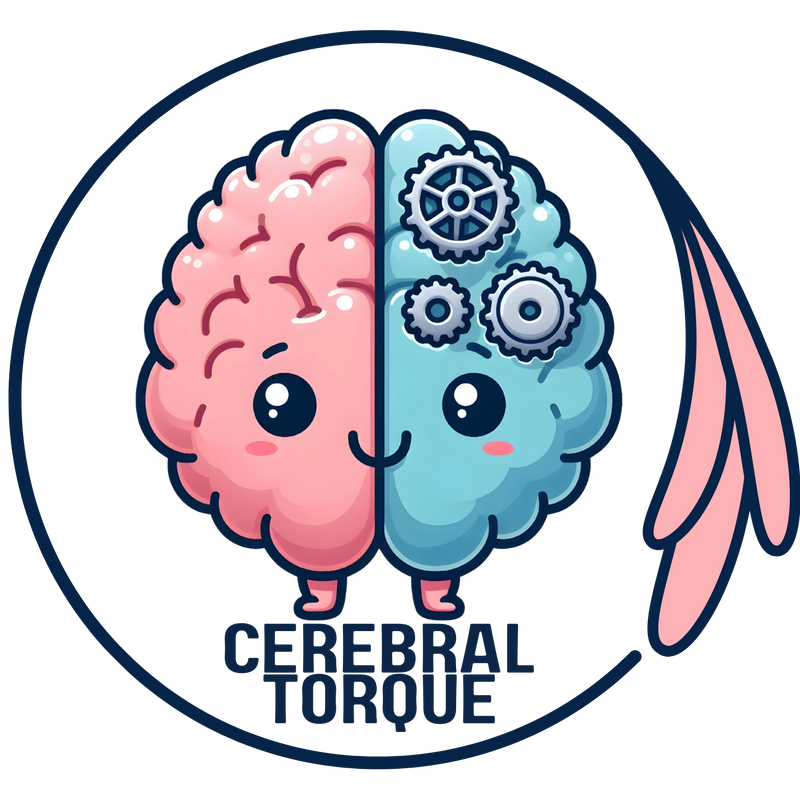Cardiovascular Safety of Anti-CGRP Monoclonal Antibodies in Migraine Treatment
Posted on May 14 2024,

In this new study, researchers conducted a real-world study involving 193 migraine patients who initiated treatment with either erenumab/Aimovig (n=101) or fremanezumab/Ajovy (n=92). Over a period of at least 12 months, participants underwent regular electrocardiograms (ECGs) and had various health parameters monitored, including liver function, kidney function, lipid levels, and glucose levels. Patients with pre-existing hypertension or a history of cardiovascular events were excluded to minimize confounding variables.
Results:
The researchers discovered that 3.1% of participants experienced abnormal ECGs or cardiovascular adverse events. Among these, 1.6% encountered more severe complications, such as cerebellar stroke, spontaneous coronary artery dissection, or pericarditis, necessitating treatment discontinuation. Another 1.6% exhibited ECG abnormalities without accompanying symptoms. However, no significant changes were observed in liver function, kidney function, lipid levels, or glucose levels throughout the study period.
ECG Abnormalities:
ECG changes included:
- ST-segment abnormalities
- Premature ventricular complexes (PVCs)
- Right bundle branch block (RBBB)
Pre-existing ECG findings that remained unchanged included:
- Right or left heart axis deviation
- First-degree atrioventricular block (AV-block grade I)
- Left ventricular hypertrophy (LVH)
- Biphasic P-waves
- Left anterior fascicular block
- Premature atrial complexes (PACs)
- Wolff-Parkinson-White (WPW) syndrom
It's important to note that these ECG abnormalities CANNOT be definitively attributed to the anti-CGRP mAbs. There was no control group! It is entirely possible that these ECG changes would have developed without anti-CGRP use. The absence of a control group severely limits the ability to draw any definitive conclusions regarding the medications' direct impact on cardiovascular health.
Implications for Patients and Healthcare Providers:
For individuals considering anti-CGRP mAb therapy for migraine prevention, it's important to engage in shared decision making with your healthcare provider regarding individual cardiovascular risk factors and adverse effects of anti-CGRP mAbs. While regular ECGs or blood tests are currently not required once treatment is underway, it's crucial to remain vigilant if symptoms do develop. Moreover, healthcare providers should also monitor blood pressure throughout the course of treatment.
Thoughts on the study:
One of the key strengths of this study lies in its use of real-world data. The longitudinal design, spanning over 12 months, provides valuable insights into the long-term safety profile of these medications. The unchanged lab values suggests these medications are generally safe.
However, the absence of a control group makes it impossible to draw definitive conclusions in regards to cardiovascular health. Furthermore, the 3.1% incidence of ECG abnormalities or cardiovascular adverse events is specific to this study population and may not be generalizable to the broader migraine community.
It's important to note that migraine disease itself is associated with an increased risk of cardiovascular events, independent of any treatments. Population-based studies have shown that people with migraine have a higher risk of stroke and myocardial infarction compared to those without migraine.
Again, no control group means this study has no serious clinical implications.
Wed, Jan 14, 26
New Emergency Department Migraine Treatment Guidelines
The American Headache Society (AHS) has released its 2025 guideline update for the acute treatment of migraine in adults presenting to the emergency department. This update, published in Headache in...
Read MoreSun, Jan 04, 26
Long-Term Safety of Anti-CGRP Monoclonal Antibodies
A comprehensive meta-analysis of over 4,300 patients reveals that erenumab, galcanezumab, fremanezumab, and eptinezumab maintain good tolerability beyond 12 months. Only 3% of patients stopped treatment due to adverse events,...
Read MoreThu, Jan 01, 26
Alternate Nostril Breathing Protocol for Migraine
Alternate nostril breathing is a simple yogic technique that's showing real promise for migraine prevention. Unlike acute treatments, this practice builds nervous system resilience over time - making attacks less...
Read More


